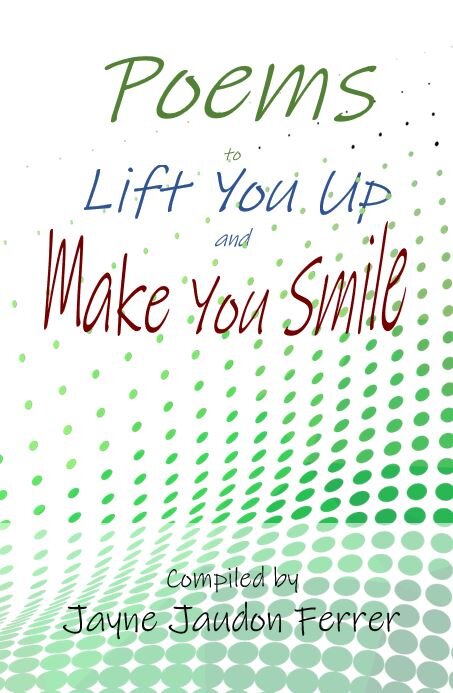| |
|
When stretch'd on one's bed
With a fierce-throbbing head,
Which precludes alike thought or repose,
How little one cares
For the grandest affairs
That may busy the world as it goes!
How little one feels
For the waltzes and reels
Of our Dance-loving friends at a Ball!
How slight one's concern
To conjecture or learn
What their flounces or hearts may befall.
How little one minds
If a company dines
On the best that the Season affords!
How short is one's muse
O'er the Sauces and Stews,
Or the Guests, be they Beggars or Lords.
How little the Bells,
Ring they Peels, toll they Knells,
Can attract our attention or Ears!
The Bride may be married,
The Corse may be carried
And touch nor our hopes nor our fears.
Our own bodily pains
Ev'ry faculty chains;
We can feel on no subject besides.
Tis in health and in ease
We the power must seize
For our friends and our souls to provide.
This poem is in the public domain.
|
.jpg)
Jane Austen (1775 - 1817) is one of the world's most beloved and successful novelists, though she received no notoriety at all during her lifetime. Her first books were published anonymously, listing only "A Lady" as the author. Not until her death in 1817 was her identity as an author revealed, and her books have remained in print ever since. One of only two girls in a family of many boys, Jane and her sister enjoyed many benefits of their brothers' success and societal standing. Writing verse was a common pastime in genteel households of the late eighteenth century; many in Jane's family produced poems of their own, often humorous in tone and written in honor of a particular occasion. While Jane remains best known for her fiction, her love for poetry was deep and she often referenced favorite poets and poems in her novels.
|
|
EstherJ:
This poem definitely speaks to me. "Tis in health and in ease -- We the power must seize -- For our friends and our souls to provide." Wish I would have learned that sooner, oh, well.
Posted 12/16/2024 09:39 AM
|
Darrell Arnold:
This makes me chuckle. When you're feeling ill, it can consume you until nothing in the world matters until you are feeling better. I do so admire those, especially those amazing wives and mothers, who work through it all and shove their suffering aside for the sake of their loved ones. We whimpering men are often not as selfless.
Posted 12/16/2024 09:07 AM
|
Gilbert Allen:
The playful wisdom of this poem seems very much in tune with her novels.
Posted 12/16/2024 08:18 AM
|
Larry Schug:
Every poem is brand new every time it is read (to me, at least). This is a good one.
Posted 12/16/2024 08:07 AM
|
rmoline:
Happy Birthday (December 16) to Jane Austen. I didn't know she wrote poetry. Thank you for sharing this treasure.
Posted 12/16/2024 07:09 AM
|
KevinArnold:
A remarkable couplet:
Tis in health and in ease
We the power must seize
Posted 12/15/2014 11:29 PM
|
|
|
|




.jpg)